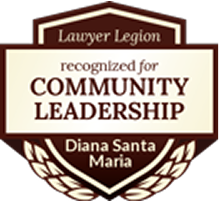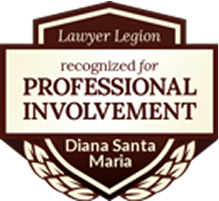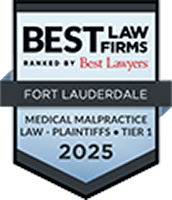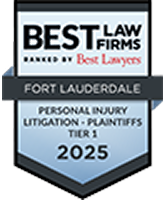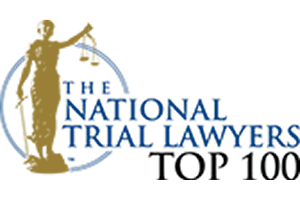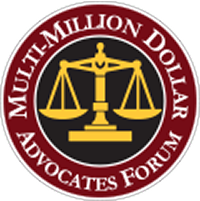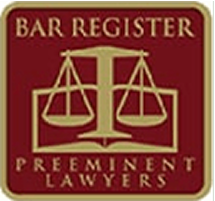Your Loss Becomes Our Cause.
Protect Our Elders From Nursing Home Abuse
It can often be a difficult decision to relocate a loved one to a nursing home. Your emotions are complicated by the fear that your family member will be subjected to negligent or even abusive conditions.
A recent report issued by The National Center on Elder Abuse (NCEA) found that 1 in 3 nursing homes had been cited for federal standards violations that either harmed residents or had the potential to harm them. With more than 3 million Americans residing in nursing homes, a large number of this vulnerable population is at risk for abuse.
Nursing homes are subject to federal standards from the Nursing Home Reform Act. In order to participate in Medicare and Medicaid, these facilities must meet all requirements. Among other criteria, the law protects residents’ rights and sets expectations for facility standards.
Nursing Home Abuse Can Take Many Forms
Physical neglect and abuse may come first into your mind when thinking about nursing home negligence, but that isn’t the only way to abuse the elderly. Watch for these signals:
- Physical abuse – burns, broken bones, bruises, wounds, unexplained injuries or unexplained weight loss.
- Mental abuse – signs of fear, confusion or disorientation, depression and withdrawal or unusual behavior changes.
- Neglect – untreated medical conditions, improperly administered medications, bed sores, inadequate personal hygiene or an unsanitary environment, malnutrition or dehydration, failure to supervise residents properly leading to wandering or injury, serious injuries from falls.
- Financial abuse or exploitation – an abrupt, unexplained change to the resident’s will or missing or stolen money or property.
Unfortunately, abuse and neglect is sometimes worsened by rude and humiliating behavior by the staff.
Take Action if You Suspect Nursing Home Neglect or Abuse
If you see signs of neglect, follow these steps to protect your loved one:
- Contact facility management right away and alert them to the problem. You should see prompt action to investigate the complaint on their part.
- If the condition continues or the nursing home’s explanation wasn’t satisfactory, contact your state agency. You can reach the National Council on Aging for local Adult Protective Services information (1-800-677-1116).
- Contact an experienced nursing home abuse attorney to explore possible legal intervention.
You can find more information at the Florida Agency for Health Care Administration’s Nursing Home Guide.
Don’t Wait to Resolve Nursing Home Abuse Problems
We are experienced in bringing justice to a long-term care facility that is at fault. Contact attorney Diana Santa Maria, personal injury attorney in Fort Lauderdale for a free consultation on a potential neglect or abuse situation. You can reach us at (954) 434-1077 or contact us via the website. The Law Offices of Diana Santa Maria, P.A. will fight to get you the compensation you or your family member deserves.







